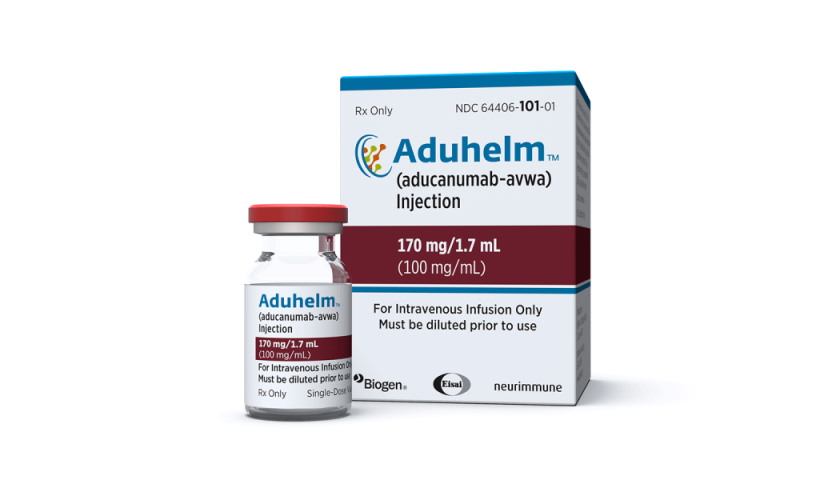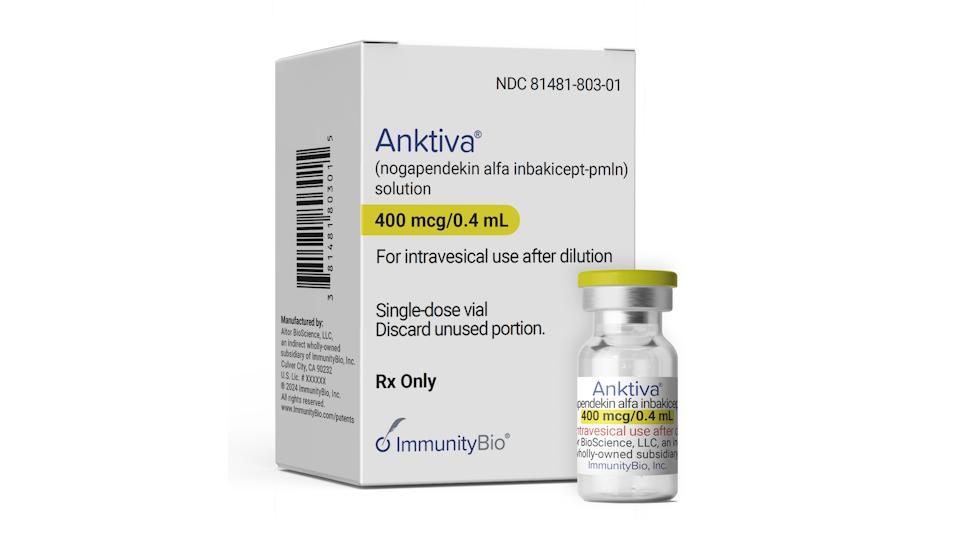Eisai hands off responsibility for Aduhelm to Biogen

Japanese pharma Eisai has backed away from its 50:50 profit-sharing arrangement with Biogen for troubled Alzheimer's therapy Aduhelm, handing over full responsibility to its US counterpart.
The changes to the terms of their longstanding collaboration on Aduhelm (aducanumab) means that Eisai's profit-share converts to a simple royalty rate on revenues from 1 January next year. Their collaboration on follow-up Alzheimer's therapy lecanemab is unchanged.
The Aduhelm royalties start at 2%, rising to 8% if Aduhelm sales top $1 billion – which at the moment looks like a tall order given the slow take-up of the drug and diminished commercial prospects.
The first-in-class anti-amyloid therapy has been hit hard by questions about validity of amyloid clearance as a surrogate marker for efficacy in Alzheimer's, data on cognition, and its potential to cause serious side effects, which have held up approvals in Europe and Japan.
In the US, some private health insurers have already refused to pay for the drug, and if Medicare proposals to limit use of the drug to approved clinical trials are firmed up, Aduhelm sales could be minimal for years while Biogen runs additional studies to try to demonstrate that the drug is effective.
Analysts think that sales of the drug may start to creep upwards to around $34 million this year, according to a Wall Street Journal report.
Biogen now has final decision-making rights to the drug worldwide, which also means that it will shoulder the cost of further development of the drug from 2023. This year, Eisai remains on the hook for expenses capped at $335 million and related to development, commercialisation and manufacturing of the drug.
Eisai continues to take the lead on development and regulatory submissions globally for lecanemab, with the two companies co-commercialising and co-promoting the product if it gets approved. Biogen will manufacture lecanemab, with the supply agreement extended from five to 10 years.
"We believe this new arrangement will be more effective and enable more focused execution with the goal of maximising the value of both Aduhelm and lecanemab," commented Eisai's chief executive Haruo Naito. Eisai would be able to increase its focus on lecanemab as a result, he added.
His counterpart at Biogen – Michel Vounatsos – said meanwhile that it will "increase operational efficiency and agility in addressing market developments, including the final determination…on coverage of Aduhelm."
A final decision on Medicare coverage for Aduhelm – which as it stands would also apply to lecanemab and other amyloid-targeting drugs coming through the pipeline – is expected next month.
The revised partnership comes as patient groups in the US have started a campaign to free up access to Aduhelm, spending millions of dollars on direct-to-consumer advertising, reports Reuters.
Patient organisation USAgainstAlzheimer's is funding the campaign, which includes ads on TV, social media and printed materials, focusing on the Washington DC area.













